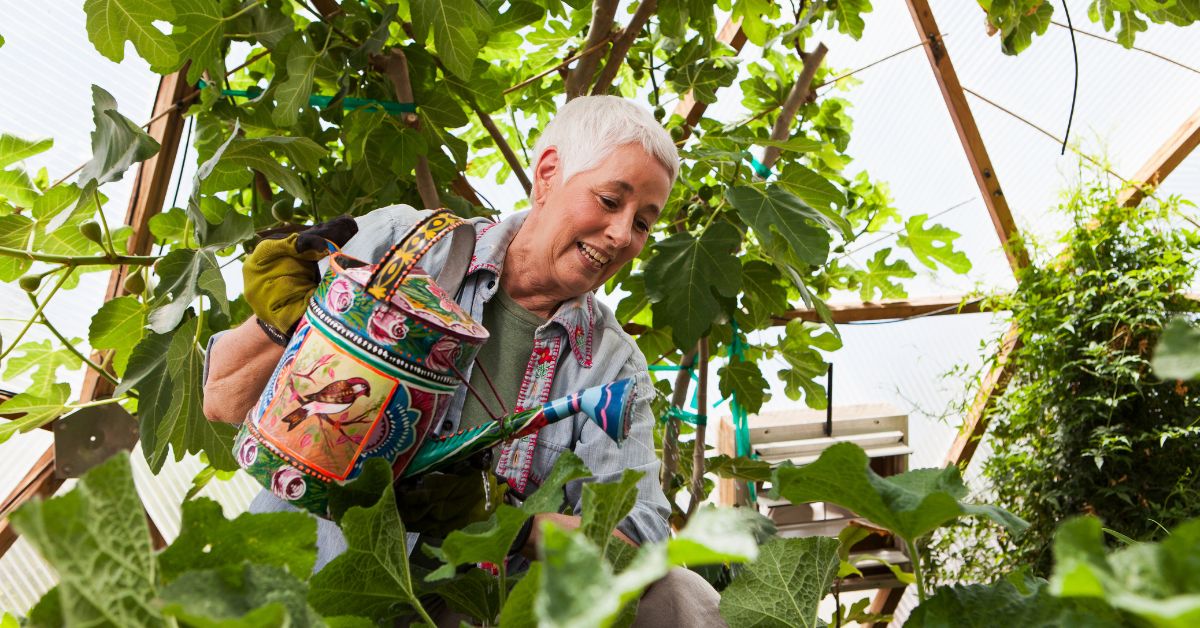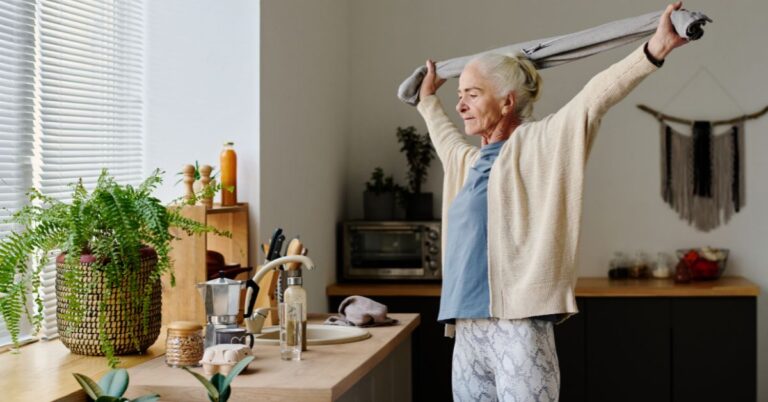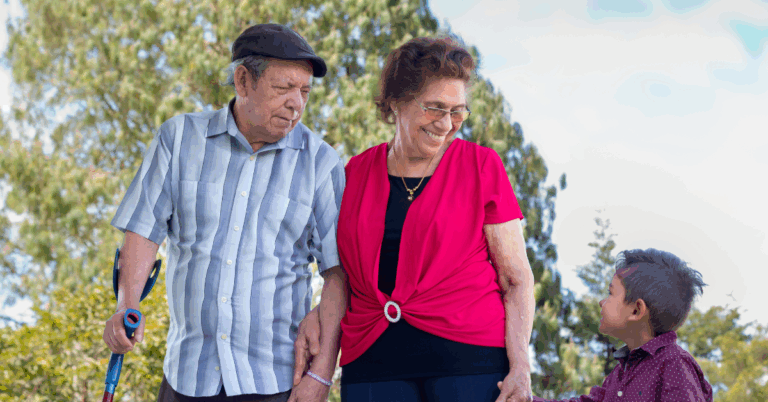
Senior Independent Living: Gardening for Wellness
For people exploring senior independent living in Farmington Hills, MI, there are many meaningful ways to spend their time, particularly during retirement. Gardening delivers a structured activity that engages both body and mind.
Gardening ranks as the second most popular leisure-time physical activity among older adults, right after walking. It is a powerful wellness tool for seniors, offering benefits that enhance both physical health and emotional well-being in independent living settings.
Through gardening, people don’t just observe natural cycles—they actively participate in them, building deeper connections that enhance both purpose and belonging.
Health Benefits: How Gardening Supports Wellness
Gardening offers real benefits for both mental and physical health. This accessible activity supports overall wellness while providing genuine enjoyment.
Supports mental health and cognitive function
Gardening activities help reduce stress and lower cortisol levels in older adults. Horticultural therapy can reduce depression symptoms and increase life satisfaction compared to control groups.
- Planning garden layouts and seasonal rotations
- Learning plant names and growing requirements
- Problem-solving challenges like pest management
- Monitoring plant growth and adjusting care
Encourages natural movement and flexibility
Gardening provides gentle exercise that doesn’t feel like a workout. The variety of movements involved helps maintain joint flexibility and muscle strength. Different activities offer varying levels of intensity:
- Digging and raking
- Weeding and planting
- Watering and pruning
Promotes bone health through natural sunlight
Outdoor gardening provides natural vitamin D exposure, essential for maintaining strong bones. A few times weekly, safe sun exposure supplies the vitamin D needed to keep bones strong and help calcium absorption.
This natural vitamin D becomes increasingly important with age, as it helps prevent osteoporosis, which reduces fracture risk. Garden time offers a practical way to support bone health naturally.
Maintains hand strength and dexterity
The repetitive motions—gripping tools, pulling weeds, working soil—help keep hands strong and nimble. Gardening also improves hand-eye coordination through activities like pruning, transplanting and arranging plants. These improved motor skills help older adults maintain independence in daily activities requiring manual dexterity.

Questions About Gardening and Wellness
Older adults often have practical questions about how to garden effectively. Here are answers to the most common concerns.
Is gardening safe for people with mobility challenges?
Yes, gardening adapts beautifully to different ability levels. Raised beds at 24-36 inches tall eliminate bending, while wheelchair-accessible beds work best at 24 inches high with knee clearance underneath. Wide pathways—at least 36 inches—accommodate walkers and wheelchairs comfortably.
Container gardening on patios or balconies offers another good option for those who prefer staying closer to home.
What tools work best for arthritic hands?
Choose tools that work with your body, not against it:
- Ergonomic designs with cushioned, non-slip grips and lightweight materials
- Forearm supports that distribute pressure beyond wrists and hands
- Long-handled options that minimize bending
- Tools with thumb indicators that maintain neutral hand positions
Can gardening help with memory concerns?
Gardening may reduce dementia risk and people with mild cognitive impairment can have functional improvements when working in gardens.
Sensory gardens prove especially meaningful for those managing memory loss, as vibrant colors, varied textures and distinctive scents can trigger memories and familiar sensations.
How long should gardening sessions last?
Start with 15-20 minute sessions and gradually extend time as you feel comfortable. Morning or evening hours work best—avoid midday heat.
Change positions and tasks every 15-20 minutes to prevent stiffness. Put reminders to stay hydrated and take breaks.
Which plants work well for beginners?
Focus on these reliable options:
- Herbs: Basil, mint, rosemary and thyme need minimal care and grow well indoors
- Leafy greens: Lettuce and spinach grow quickly with basic attention
- Flowers: Marigolds, sunflowers and zinnias thrive with simple care
- Vegetables: Cucumber, green beans and tomatoes provide satisfying results for new gardeners
Native plants typically need less maintenance once established, making them smart choices for any gardener.
Finding Your Garden Path
Gardening stands out as more than a hobby—it represents a practical approach to wellness that honors both capability and community. Older adults who garden experience measurable benefits: reduced depression risk, improved hand strength, stronger bones and the daily satisfaction of nurturing growth.
Community gardens create natural spaces for connection. Residents share knowledge, celebrate harvests together and build friendships around a common passion. Look for accessible spaces, supportive staff and fellow residents who share your interest in growing things. Call Corewell Health – The Commons at Farmington Hills at (248) 477-7400 to find more about our wellness programs.
FAQs
Q1. How can gardening benefit seniors’ mental health?
Gardening can significantly improve seniors’ mental health by reducing stress, decreasing depression symptoms and potentially lowering the risk of cognitive decline. The activity provides a sense of purpose, creative outlet and connection to nature, all of which contribute to improved mood and overall well-being.
Q2. What are some easy plants for senior gardeners to start with?
Beginners can start with low-maintenance plants such as herbs (basil, mint, rosemary), leafy greens (lettuce, spinach) and simple flowers (marigolds, sunflowers). These plants require minimal care and can often be grown in small spaces or containers, making them ideal for senior gardeners.
Q3. How much time should seniors spend gardening each day?
It’s recommended that seniors start with short 15-20 minute gardening sessions and gradually increase as they feel comfortable. It’s best to garden in the morning or evening to avoid midday heat. Remember to take some breaks, stay hydrated and alternate between different tasks to prevent stiffness.





